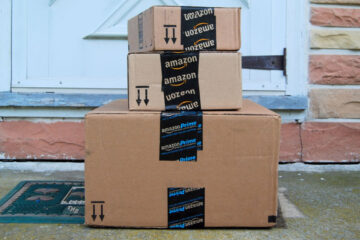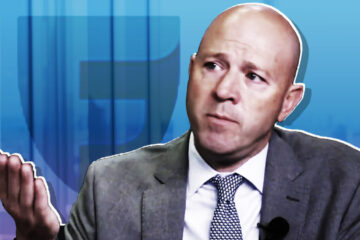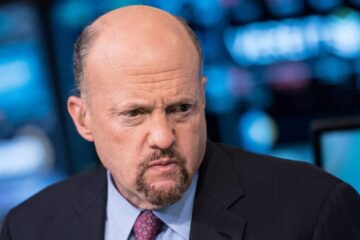When a retailer sells a clothing brand under a license from its owner, it has a somewhat risky business. In theory, if it meets sales totals, pays its licensing fee, and meets any other contractual obligations, things will move forward as planned.
In reality, licensing adds cost to a business with already-low margins. That’s why huge retailers including Target, Walmart, and Amazon all have private-label brands.
Related: Popular sports bar restaurant chain shuts down multiple locations
When you own the brand, you don’t share royalties with another company. That gives the retailer more control and less risk.
Of course, most retail chains don’t have the ability to build brand equity for private labels. This means they use one of two possible business models.
Some retailers like Kohl’s or JCPenney, for example, have some owned-and-operated brands, but mostly sell clothes purchased wholesale from big-name brands. Whether its Nike or Polo, these chains simply buy the merchandise, pick which SKUs they want, and sell it (usually with an agreed-upon minimum markup).
💵💰Don’t miss the move: Subscribe to TheStreet’s free daily newsletter💰💵
In the case of Federated Brands, the retail chain used a different model. It licensed brands including Quiksilver, Billabong, Roxy, RVCA, Honolua, and Boardriders in North America, while also holding wholesale licenses for Billabong and RVCA.
That made the company beholden to Authentic Brands, the company from which it licensed those brands.
Liberated Brands mostly sold surf, swim, and beach clothing.
Image source: Daniel Kline/ComeCruiseWith.com
Liberated Brands filed for Chapter 11 bankruptcy
Liberated Brands filed for Chapter 11 bankruptcy protection on Feb. 2 following a December decision by Authentic Brands Group to end its licensing agreement with the company.
The company said that it filed for bankruptcy “to implement an orderly monetization and disposition of its businesses. The company has been in the process of transitioning its brand licenses to new license holders as part of a management transition to ensure continuity for the brands and their success moving forward,” it shared in a press release.
Liberated made it clear that all of the brands it licensed would not be impacted, noting that Authentic Brands has already begun transitioning them to “new, well-capitalized partners who are actively investing in their growth and long-term success.”
More closings:
Popular Mexican chain closing all restaurants, no bankruptcyIconic mall chain shuttering more stores foreverMajor gym closing multiple locations after franchisee bankruptcyAfter Chapter 11 bankruptcy, beloved retailer closes all stores
At the time of the filing, Liberated’s 100-plus stores were expected to remain open in order to conduct going-out-of-business sales.
“Through the filing of customary motions with the Court, Liberated intends to uphold its commitments to customers, employees, and partners, including continued payment of employee wages and benefits. The Chapter 11 process will be financed by JP Morgan,” the company shared.
Liberated’s Chapter 11 bankruptcy goes wrong
Under its Chapter 11 bankruptcy plan, Liberated held a liquidation sale process, conducted by Gordon Brothers Group. Following the liquidation, Liberated’s retail locations in the U.S. closed.
The problem is that the company did not generate the expected proceeds needed from the going-out-of-business sales. It manged to earn about $65 million from the sale of its assets, which does not cover the amount it owes to secured creditor JP Morgan.
“Not only will JP Morgan not recover all of the money it is due, but unsecured creditors such as factories and service providers will not receive any payments,” Shop Eat Surf Outdoor reported.
Because of that cash deficit, a judge has dismissed its Chapter 11 bankruptcy filing.
“What that means, your honor, is that based on the amount of value collected and the amount of value that we expect to be collected, there will not be enough proceeds, unfortunately, to pay the DIP (Debtor-in-Possession) claim in full or to pay the adequate protection claim for the ABL lenders in full,” said Matthew Fagen, the Kirkland & Ellis LLP restructuring partner representing Liberated at the court hearing.
JP Morgan also holds Authentic Brands’ claim.
Liberated still needs to collect $27 million of the $65 million it has generated. It expects there to be a shortfall of $22.1 million in DIP claims and $5 million of ABL adequate protection claims.
Related: Amid DEI controversy, Target makes a surprising move
The judge granted the dismissal over an objection from one of the company’s creditors, its payroll company.
This decision means that any remaining money will go to JP Morgan, and no other creditors will be paid.


